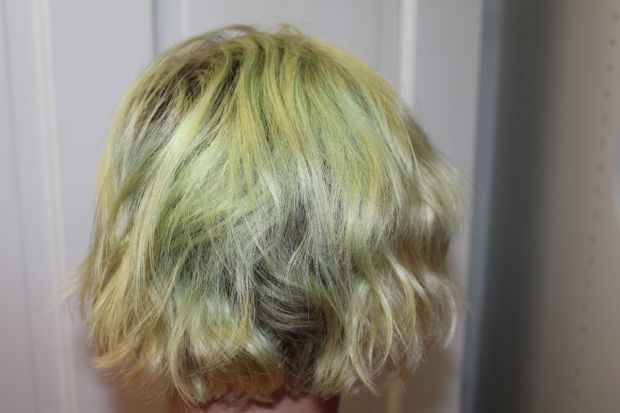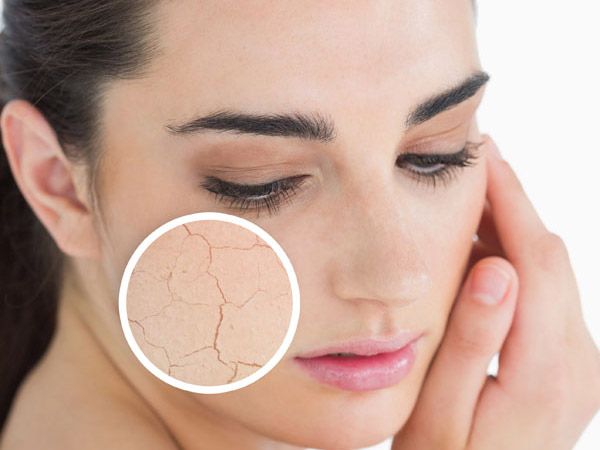At Trainer.ae, we love swimming and think it is probably one of the best sports/exercises you could do for weight loss and fitness. The benefits of swimming for the human body are numerous, from weight loss to muscle toning, stamina development and mental relaxation, swimming is good for you in so many ways. But there is a caveat to this: pool water contains chlorine which is there to kill harmful germs but can also have a detrimental effect for human skin and hair especially, over an extended period of time.
Now there’s no need to panic and burn your swimming gear just yet; there are ways to prevent or mitigate the potential damage that chlorine could do to your skin and hair. Read on to find out more about the potential negative side-effects of swimming and what you can do about them.
1. Dry Hair

Chlorine has an effect on hair that causes it to get dry over time. You might not realize it but your hair shafts actually have the capacity to absorb some water and if you swim a lot, it will absorb a lot of chlorine which will be detrimental to the sebum in your hair. Sebum is a natural substance responsible for lubrication and the loss of it will lead to drier, more brittle hair.
Solution
Treat your scalp before swimming, with either hair oil or conditioner. You could also consider wearing a swimming cap. For maximum protection, you should both treat your hair and wear a swimming cap.
2. Green Hair

It is not uncommon to observe that prolonged swimming produces an odd effect particularly in blond and lighter haired people: their hair takes on a greenish tint. This is due to the fact that when passing through pipes, chlorinated water will act on the metal and carry traces of it into a pool, where they are free to attach and act on hair. This is what causes the phenomenon described above.
Solution
To prevent this from happening, you should follow the recommendation in the previous point: treat your hair with oil or conditioner and wear a swimming cap. To treat this condition, there are special shampoos, designed for swimmers, and we’d recommend that you use one of Ultra Swim, TriSwim or Lanza Swim.
3. Dry Skin

Dry skin is a regular issue with swimming because chlorine has a harsh effect on your body’s natural oils. It is not uncommon for people to develop a rash or nasty irritation from repeated exposure to chlorine. Chlorine can also worsen an existing irritation.
Solution
To prevent the majority of skin irritations that may occur due to prolonged exposure to chlorine, you should:
- Oil your body before swimming, using skin lotion or any of the type of sunscreen that offer some chlorine protection.
- Drink a lot of water before you swim. This may help provide some additional protection for your skin.
- Rinse your body thoroughly after taking a swim.
- Oil your body again.
4. Swimmers Itch

Sometimes, especially in natural water bodies, there are tiny parasites and micro-organisms which could bite and attach themselves to you, creating an irritation. This is called swimmer’s itch.
Solution
The good news is that swimmer’s itch usually is self-resolving and you should be fine in a couple of days. To avoid developing this condition in the first place, though, you should stay away from marsh-type natural water bodies, and if you simply must swim in these, for whatever reason, make sure you rinse your body, thoroughly, afterwards.
Conclusion
There could be negative side effects of swimming, but you don’t have to quit swimming or suffer panic attacks every time you feel an itch while in the pool. Simply take the precautions we have listed above and you should be good to go.
______________________________________________________________
WhatsApp number: +971 55 432 4361 (please send code 2098 and we will get back to you asap)
______________________________________________________________